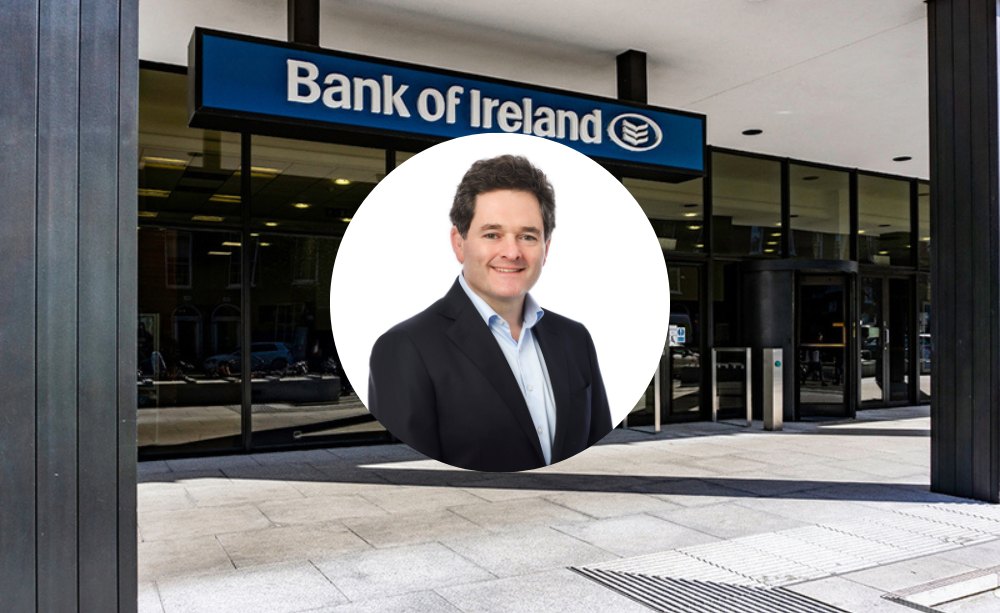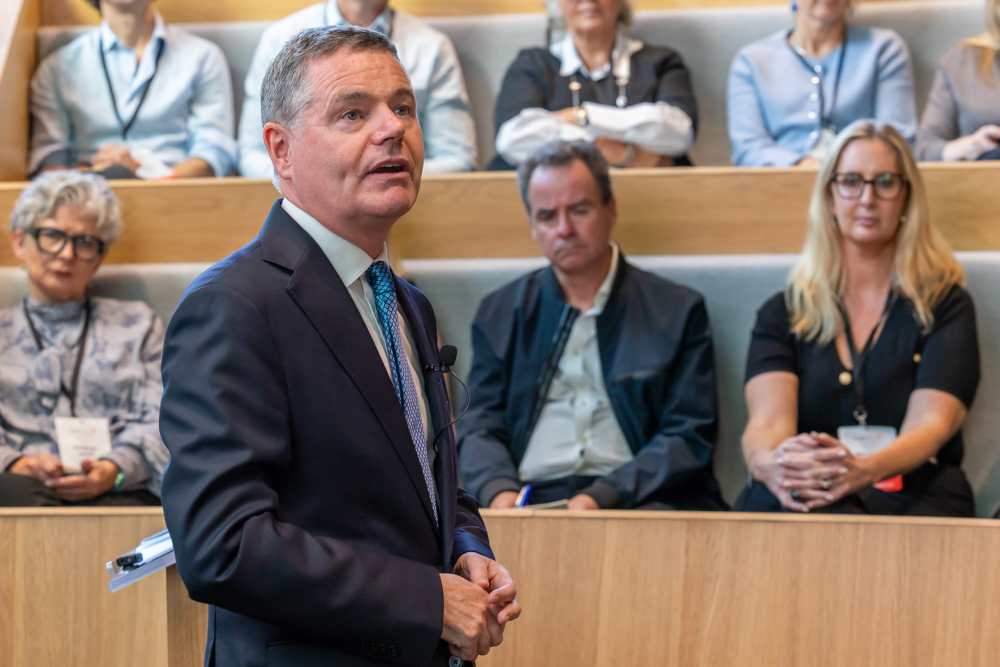Podcast Ep 276: Ireland’s wealthy turn to family offices as fortunes grow. Alan Dunne from Archive Capital explains why family offices have become prominent.
Irish entrepreneurs are increasingly establishing family offices to manage multi-generational wealth, reflecting the country’s economic transformation over recent decades and a maturing investment culture beyond traditional property assets.
The trend mirrors global patterns, with the Economist Intelligence Unit estimating over 15,000 family offices worldwide managing approximately $6 trillion in assets. These private wealth management vehicles are becoming viable alternatives to traditional private banking for Ireland’s successful business owners following liquidity events.
“The assets are there to be grown and maintained over a long period of time, possibly generating an income stream that can be drawn down by the family”
“The economics change once you get beyond a certain level,” explains Alan Dunne of Archive Capital, who works with family offices on alternative investment strategies. “If you have $100 million and a private bank charges 1% per annum, that’s a million in fees. You might say, ‘Instead of that, I’m going to hire one, two or three people and set up an investment vehicle myself.’“
The advantages family offices offer
Family offices offer several advantages beyond cost considerations. Privacy remains paramount, allowing wealthy families to manage assets without external oversight. Customisation opportunities also expand significantly compared to private banking platforms, particularly for portfolios reaching hundreds of millions or billions in value.
The structure can provide governance benefits for multi-generational planning. “Generally, the idea would have, if you have a family office structure and a portfolio managed within that structure, the idea is generally that it’s taking a multi-generational perspective,” Dunne notes. “The assets are there to be grown and maintained over a long period of time, possibly generating an income stream that can be drawn down by the family.”
Ireland’s wealth creation story has accelerated in recent decades, producing more entrepreneurs capable of supporting family office economics. This represents a significant shift from the country’s investment culture prior to the financial crisis, when property dominated portfolios.
“It’s not that long ago since we had the crash and the financial crisis, and going into that, what was very common in Ireland was obviously property investing,” Dunne observes.
The investment landscape has since broadened considerably. Family offices now access institutional-grade opportunities including private equity, venture capital, and alternative investment strategies. These approaches can provide returns during periods when traditional assets struggle, as demonstrated during 2022 when both stock and bond markets declined simultaneously.
Establishing a family office
The family office model represents Ireland’s evolving relationship with wealth management, moving beyond traditional approaches toward institutional-grade investment infrastructure.
Establishing a family office requires careful consideration of staffing and expertise. Wealthy entrepreneurs typically lack institutional investment experience, necessitating specialist knowledge in asset allocation and portfolio management.
“Family offices will either hire talent in house, or they’ll go out and look for people who have been investment managers or portfolio managers, either in private banking or in institutional fund management,” Dunne explains.
External advisors frequently supplement internal capabilities, particularly for smaller family offices managing assets below the multi-billion threshold. Legal structuring, trust arrangements, and niche investment strategies often require specialist external support.
Governance structures vary significantly based on family preferences and asset levels. Some principals prefer minimal involvement, seeking annual updates, while others demand frequent reporting and active participation in investment decisions.
“Good governance is really important,” Dunne emphasises. “That’s where it works well, where there’s a clean, clear line between who’s doing what and who’s got the authority to make decisions.”
Staffing ranges from small teams of three to five investment professionals for typical operations to organisations employing tens of people for multi-billion portfolios. The largest family offices operate similarly to hedge funds or institutional investment managers.
Environmental, social and governance considerations increasingly influence family office strategies, particularly as wealth transfers to younger generations. Some families establish separate philanthropic entities alongside their investment operations, while others integrate ESG requirements directly into their asset allocation decisions.
“Some families will have that very distinct objective of a social benefit, or they will have particular ESG requirements in terms of the range of assets,” Dunne notes. “More and more as the wealth passes on to next generation, that interest in the environmental impact, particularly in Europe, the environmental and social impact is something that is more and more a feature of how families are thinking about the portfolio management.”
-
Bank of Ireland is welcoming new customers every day – funding investments, working capital and expansions across multiple sectors. To learn more, click here
-
For support in challenging times, click here
-
Listen to the ThinkBusiness Podcast for business insights and inspiration. All episodes are here. You can also listen to the Podcast on:
-
Spotify
-
SoundCloud
-
Apple





